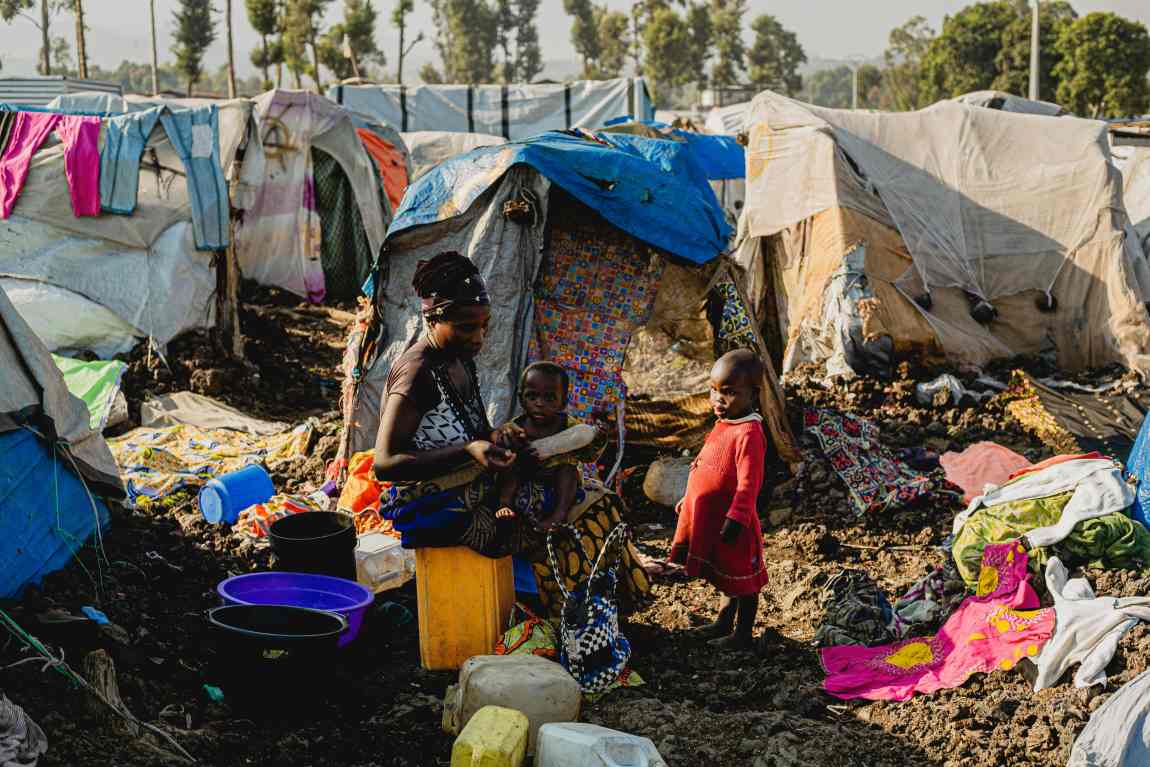At the COP29 climate conference in Baku, Azerbaijan, UN Secretary-General António Guterres called on nations to urgently bolster financial support for a mechanism assisting climate-stricken developing countries.
Addressing a high-level dialogue on loss and damage funding, Guterres emphasized that in an era of increasingly severe climate impacts, financing to address loss and damage “is a must.”
“In the name of justice,” he urged nations to step up their contributions, highlighting the moral obligation to support the most vulnerable populations who, despite contributing the least to global emissions, bear the heaviest brunt of climate disasters.
“The world is getting hotter and more dangerous; this is not a matter for debate,” he warned. “Climate disasters are piling up, harming those who’ve done the least, the most.” Guterres further condemned the fossil fuel industry for its massive profits and continued subsidies while contributing heavily to climate change.
Funding gaps and the call for greater commitments
The Loss and Damage Fund, a landmark outcome for climate-vulnerable nations established at COP28, was celebrated by Guterres as “a victory for developing countries, for multilateralism, and for justice.” However, he criticized the Fund’s initial $700 million in contributions as a fraction of what is needed.
Notably, he pointed out that this sum equals the annual income of the top ten highest-paid football players, underscoring the vast disparity between current funding and the actual damages climate disasters inflict.
Guterres illustrated this gap by referencing recent events, such as Hurricane Yagi in September, which caused damages in Viet Nam far exceeding the Fund’s starting capital. “We must get serious about the level of finance required,” he urged. “I urge countries to commit new finance to the Fund – and to write cheques to match.” Recognizing that “bilateral flows alone won’t suffice,” he called for innovative funding solutions to meet the escalating needs of vulnerable nations.
In his speech, Guterres advocated for exploring new funding streams, including implementing “solidarity levies” on industries such as shipping, aviation, and fossil fuel extraction. These levies, he suggested, could provide substantial resources to tackle climate challenges. He also pushed for fair carbon pricing to further drive climate action.
Additionally, Guterres highlighted the essential role of Multilateral Development Banks, urging them to increase their lending capacity to more effectively respond to the climate crisis.
UNHCR report on climate and displacement raises alarm
A new UN report unveiled at COP29 on Tuesday by the UN Refugee Agency (UNHCR) underscores the expanding threats climate change poses to displaced populations.
Titled ‘No Escape: On the Frontlines of Climate, Conflict and Displacement‘, the report documents the significant risks facing the world’s 120 million forcibly displaced people, three-quarters of whom live in regions severely affected by rising greenhouse gas emissions. Half of these people live in areas experiencing both conflict and serious climate hazards, including countries such as Ethiopia, Haiti, Myanmar, Somalia, Sudan, and Syria.
The report predicts a stark future, with the number of nations experiencing extreme climate-related hazards expected to increase from three to 65 by 2040. It also warns that refugee camps and settlements could see a doubling of dangerously hot days by mid-century.
UN High Commissioner for Refugees Filippo Grandi described climate change as “a harsh reality” for the world’s most vulnerable populations. “The climate crisis is driving displacement in regions already hosting large numbers of people uprooted by conflict and insecurity,” he noted. “It compounds their plight and leaves them with nowhere safe to go.”
Increased climate finance for displaced communities
In response to these findings, UNHCR called on global leaders to increase climate finance targeting the needs of displaced populations, urging nations to ensure that the funds reach those most impacted. The agency also advocated for greater involvement of displaced individuals and host communities in decisions on climate finance and policy.
At COP29, the agency reiterated its call for States to prioritize protections for displaced people facing compounded threats from climate hazards and displacement, emphasizing that proactive funding could help these communities adapt to future climate risks.
Guterres’s message from COP29 carries a resonant appeal for urgent, innovative, and committed financial responses to the climate crisis – particularly for vulnerable nations bearing the disproportionate impacts of a warming planet.
Source: United Nations
Featured image credit: Safari Consoler | Pexels




